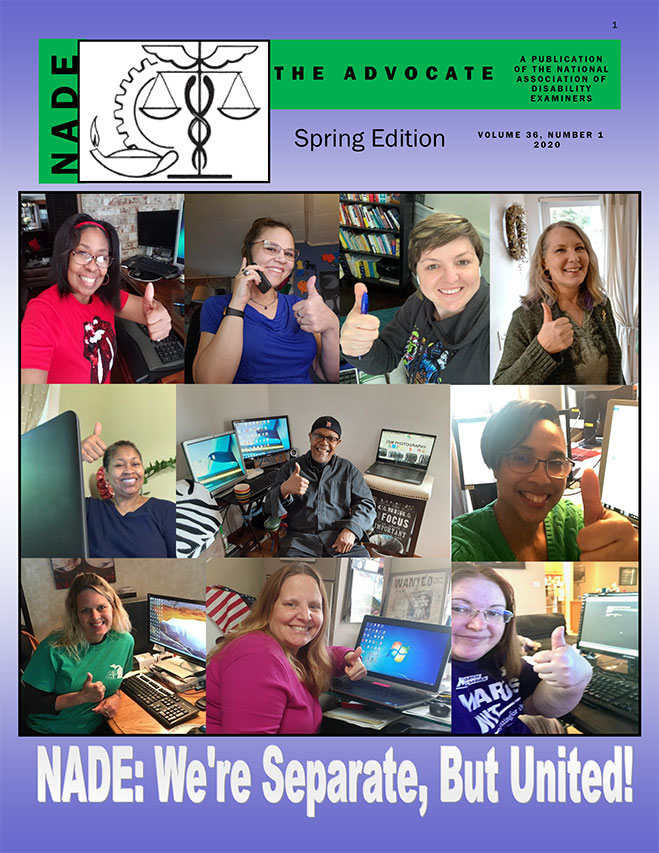The Social Security Administration has posted an updated list of attorney and non-attorney representatives who have been barred from representing claimants before the agency due to misconduct. It's a cumulative list that goes back to the late 1980s. Here are the names added in the last year. The date listed is the date the person was sanctioned.
- Calder, Jarrett Skipper, South Carolina, Attorney, 7/25/19
- Hoegh, Thomas, California, Attorney, 2/18/20
- Isayan, Andranik California, Non-attorney, 8/2/19
- Krout, Jr., Dale E., Florida Attorney, 6/10/19
- Liles, Sean, Michigan, Attorney, 5/20/19
- Melkonian, Lousine, California, Non-attorney, 7/1/19
- Patrick, Megan Mariah, Misissippi, Attorney, 12/9/19
- Pogosian, Ani, California, Non-attorney, 9/4/19
- Smith Grayson,Christy, Kentucky, Attorney 12/9/19
Almost half the list comes from the state of California. The three non-attorneys from California were all sanctioned around the same time and all have surnames of Armenian origin. I don't know what the story is there. I'm guessing it was a group thing.


